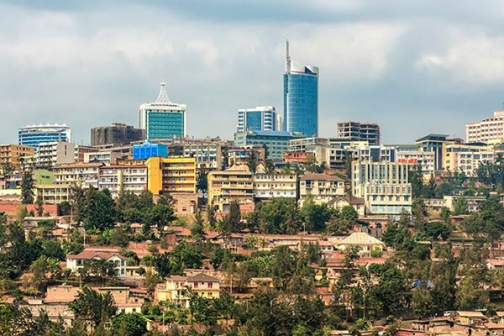×
The Standard e-Paper
Home To Bold Columnists

On Monday 4 December the website, Soft Power, owned by a lady close to Uganda’s First office published a story titled “Investigation: Rwanda propaganda against Uganda diversionary from police aided illegal repatriation.”
Ironically, though the story denounced what it described as “Rwanda’s propaganda,” its content was a mouthful of manufactured lies intended to divert readers from the real truth.